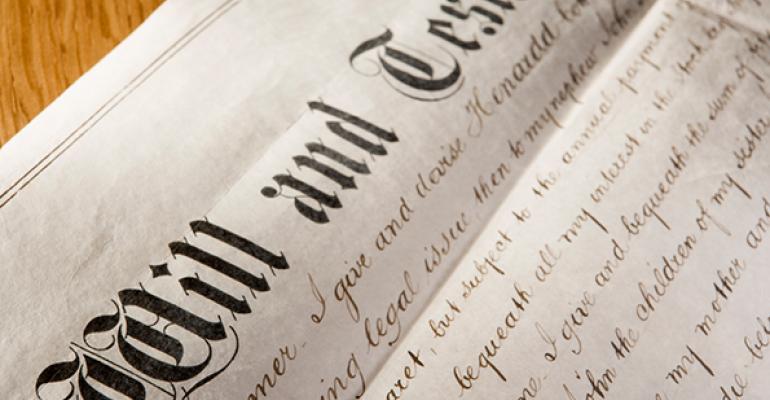Each new last will and testament automatically revokes the old one. But can a will be revoked without executing a new one? Absolutely, and some ways of revoking a will in Maryland may surprise you. Some of these ways apply in other states as well. Check to see which may apply in your state.
Destruction
A will is revoked by “burning, cancelling, tearing, or obliterating” it. If a will is found only partially burnt or partially torn, it can become tricky to decide whether this reflects an intent to revoke or just normal wear and tear. A person can revoke particular parts of a will merely by crossing them out, but no replacement text can be inserted without going through all the formalities of re-executing the will (including two witnesses).
Misplacement
If the original will can’t be found, it’s presumed to have been destroyed by the testator and revoked. Even if there’s a copy of the will, the copy isn’t valid unless either: (1) there’s evidence to demonstrate that the testator didn’t revoke the original, or (2) all the beneficiaries agree that the copy should be treated as a valid will.
Marriage and Children
A spouse has the right to take a portion of the deceased spouse’s estate regardless of what the will says, but marriage itself doesn’t revoke an earlier will. It takes a combination of marriage and the addition of new child to revoke a premarital will. The addition can be by birth, adoption or even legal recognition of a child born before the marriage. But just to make things more confusing, revocation only occurs if the child (or a descendant of the child) outlives the parent with the premarital will.
Divorce
Divorce revokes a will, but only with respect to those parts of the will “relating to” the spouse. The same is true with an annulment. But this rule won’t apply if the deceased spouse indicates otherwise in his will or in the divorce decree.





